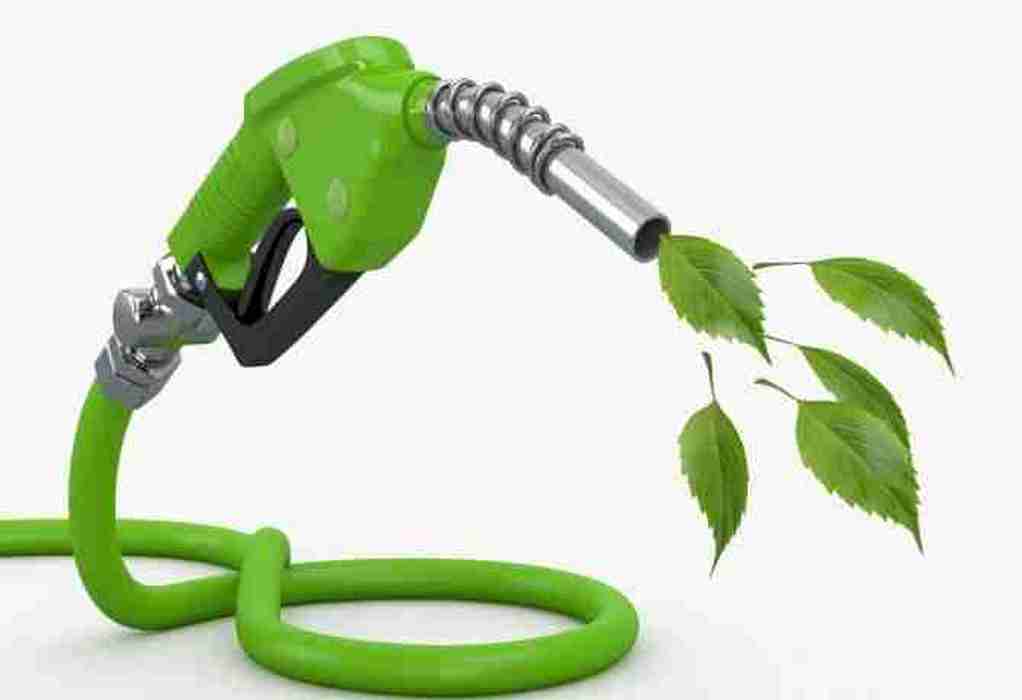The Global Centre for Maritime Decarbonisation (GCMD) has completed the final supply chain trial for biofuel blended with very low sulphur fuel oil (VLSFO), bringing a series of trials launched in July 2022 to an end.
The series of trials form a part of a larger pilot to develop a framework to provide quality, quantity, and greenhouse gas (GHG) abatement assurances for drop-in fuels.
In the final trial, 4,500 MT of B3 marine biofuel blend with a new organic-based tracer, which was deployed for the first time, was bunkered at the Port of Rotterdam. The biofuel blend was provided by energy major BP to Tihama, a 19,870 TEU containership operated by Hapag-Lloyd.
According to GCMD, the biofuel component is certified to the International Sustainability & Carbon Certification (ISCC) standard – a multistakeholder certification scheme for biobased materials. It comprised neat fatty acid methyl ester (FAME) produced from food waste.
Authentix, a tracer solutions provider, supplied and dosed the FAME with an organic-based tracer at the storage terminal outside the Netherlands. The dosed FAME was then transported to the Port of Rotterdam for blending with VLSFO to achieve a B30 blend, before the blend was bunkered onboard the Tihama.
Similar to previous trials, GCMD engaged fuel testing company Veritas Petroleum Services (VPS) to witness the operations at all stages – from biofuel cargo transfer to bunkering. VPS also collected and conducted extensive laboratory tests on samples of the biofuel and biofuel blend collected at pre-determined points along the supply chain to assess quality per Standards EN 14214 and ISO 8217.
With well-to-wake emissions of 13.74 gCO2e/MJ, the neat FAME presented a 85.4% emissions reduction compared to the emissions of the fossil marine fuel. The reduced emissions comply with the MEPC 80, which requires a minimum emissions reduction of 65% in order for biofuels to be classified as sustainable.
GCMD and Hapag-Lloyd determined that consumption of the 4,500 MT B30 blend of FAME and VLSFO resulted in a 27.9% emissions reduction compared to sailing on VLSFO.
With the completion of this trial, GCMD has deployed a diverse range of tracer technologies, including synthetic DNA and element-based tracers, in addition to the organic-based tracer used in this trial. The trials have also included the development of a chemical fingerprinting methodology and the evaluation of lock-and-seal and automatic identification systems (AIS) as additional solutions to ensure the integrity of the biofuels supply chain.
The insights from these trials will be shared in a series of reports covering issues, such as traceability, biofuel degradation, supply chain optimization, and abatement costs. These findings will make up a comprehensive assurance framework to provide guidance on biofuels use, slated for release in the fourth quarter of 2024.
Tags: Biofuels, GCMD, Hapag-Lloyd, ISCC, Marine Fuel



Recent Posts
Hong Kong Launches Incentive Scheme to Promote Green Maritime Fuel Bunkering
MSC Hosts Sustainability Experience in Antwerp for Global Supply Chain Leaders
Kinetics and Mitsui O.S.K. Lines Sign MOU to Develop World’s First Integrated Floating Data Center Platform
Port Newark installs EV truck chargers at PANYNJ facility
Singapore’s first fully electric tug launched, paving the way for zero-emission coastal logistics ecosystem
Blue Marlin Becomes First Inland Cargo Vessel with Solar-Assisted Propulsion
ABB and Royal Caribbean Partner on 15-Year Deal to Drive Vessel Efficiency and Decarbonization
IET Establishes Centres of Excellence for Green Hydrogen and Electric Vehicle Research